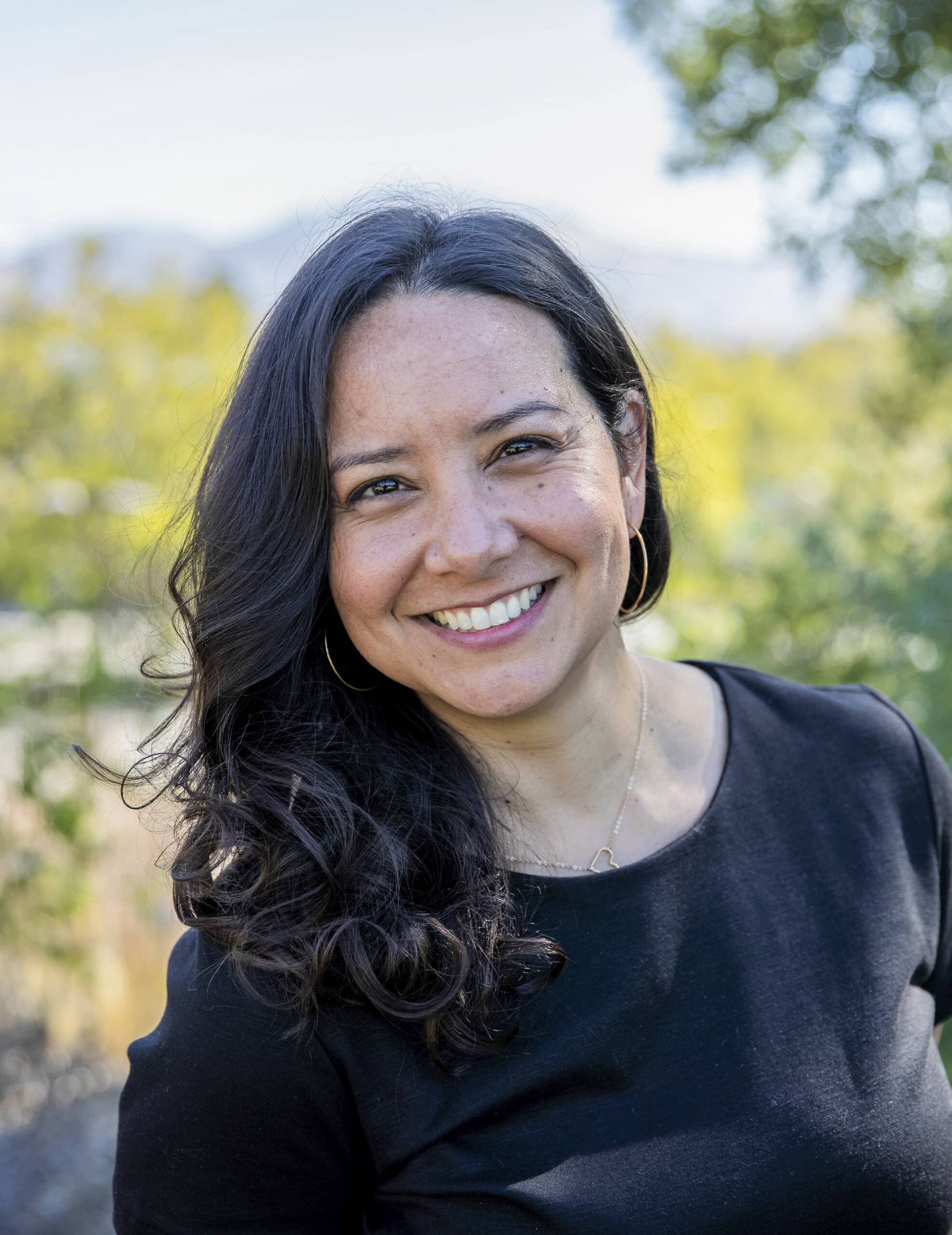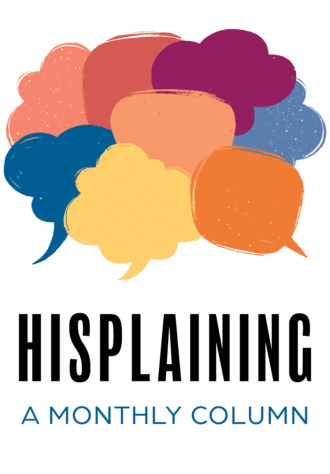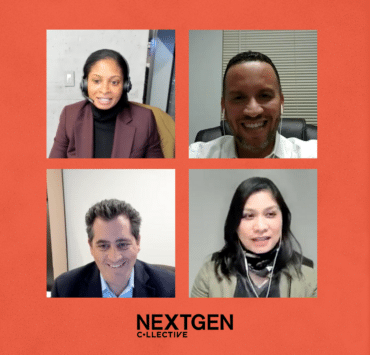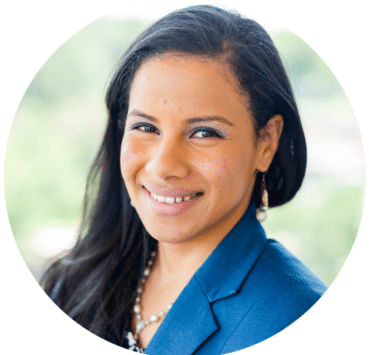|
Getting your Trinity Audio player ready...
|
After breaking into news at Austin’s CBS affiliate, Erika Aguilar furthered her career at KUT public radio and later worked as a reporter for KPCC/Southern California Public Radio in Los Angeles. She then spent four years at KQED, where she wrote news stories and shaped a slate of new and original podcasts. In October 2021, NPR named her the executive producer for two of its most popular shows, Morning Edition and Up First.
A Martinez, who made a name for himself in sports radio, says he never listened to talk radio until KPCC Los Angeles hired him and paired him with Madeleine Brand to host a show called Brand and Martinez (later rebranded to Take Two when A Martinez was paired with Alex Cohen). Today, Martinez is one of the hosts of Morning Edition and Up First.
Individually, Aguilar and Martinez are powerhouses in their fields. Together, they’re an unbeatable team. Hispanic Executive caught up with both of them to hear about their experiences in media, the outlook for Latinos in the industry, and their vision for more inclusive news coverage.
A, you’ve been in public radio for a decade now. You really never listened before your time at KPCC?
Martinez: Not even for one second, and it caused a bit of a problem. I went to four junior colleges and a state school, so I don’t think I had the fancy pedigree the listeners expected. KPCC got a grant to diversify the newsroom, and they had a hard time finding a qualified Latino host, so they had to settle for me. The donors wanted me out at first, because I was a sports radio guy. It lasted a long time. I used to get calls and letters about it every day.
What was the key to persevering?
Martinez: Having a mortgage. [laughs]

Was there a racial component to that blacklash as well?
Martinez: Sure there was. I sounded too Latino, I didn’t sound Latino enough, I shouldn’t lean in so hard when I pronounced Latino names. Whatever. And part of it was class. I’ll admit I had to cram for the job: I wasn’t a big news guy. I walked in one day and they told me to do a story on Mohamed Morsi, but I thought they said something about the singer Morrissey. I soon started to find my footing and get passionate because of the role public media plays in our society.
Erika, by contrast, you’ve been in this space for most of your career. What were some of your favorite moments at KQED?
Aguilar: I loved developing new podcast content and helping people understand potential solutions. So much of the news highlights the problems in our world, but we have to show how people are trying to solve those problems. I’ve loved developing projects for Latino listeners and trying to figure out what the news needs to sound like for our multigenerational and multiethnic audience.
What makes the two of you a good team?
Martinez: Our shared culture helps us communicate. I’m able to pitch stories that resonate easier than they would with someone who doesn’t come from the same background. I have three other hosts, and we all have to advocate for the stories we think are important to our audience.

Courtesy of NPR
Aguilar: Right, and I think the two of us and the other hosts can present relevant news that matters to our audience. We want to reach younger people, too. They’re invited to be part of the conversation the public media system is having. The relationship between storyteller and audience is strong, and it’s important to connect.
What are some of your main goals and priorities for these platforms?
Aguilar: We have to diversify even more. America is changing what it looks like, and if we don’t diversify our content we’re not serving the public.
What kind of impact do you hope to make through your work?
Aguilar: When we are successful, the show is smart, cool, wise, and multilingual. Trendy. But ultimately, grounded.
Martinez: I love that you said grounded, because grounded means it still has weight and we’re not losing our credibility. In a world where everything sounds the same, we sound different.
Where are we in terms of diversity in broadcasting? Is it different for public radio, specifically?
Aguilar: NPR publishes data and wants to be accountable. The numbers are looking better, but we can continue to push these efforts forward.
Martinez: Franco Ordoñez is our White House correspondent, and it’s meaningful to have him cover such an important beat. It’s a work in progress, but the work is happening. We’re going to reach a day where someone like me isn’t the unicorn. But we have to keep talking about it because it’s unacceptable that certain people are still seen as unworthy of crafting the news or unworthy of telling these stories. When we increase diversity, the stories will be different, and the listener base will be different, and that matters.
What does it mean to have Latinos like yourselves leading these shows?
Martinez: I think listeners should know that certain stories will have a more layered and authentic approach. When I report on immigration, for example, I do it as someone whose mom was deported.
Aguilar: I hope it means people know that we are here to tell many kinds of stories. We are here to earn the trust of a new audience, and my biggest hope is that that multicultural audience comes to us to get the news that’s relevant to their lives.


